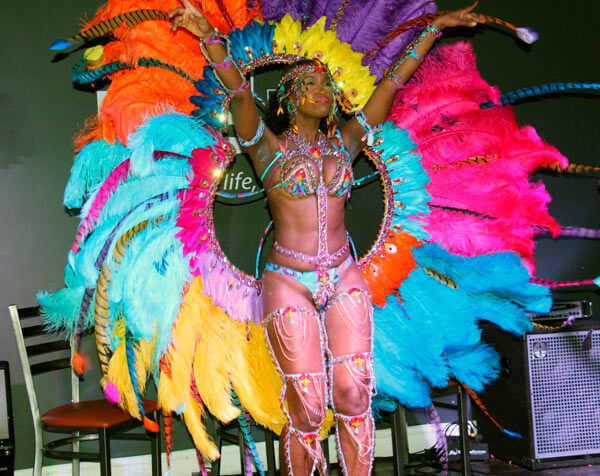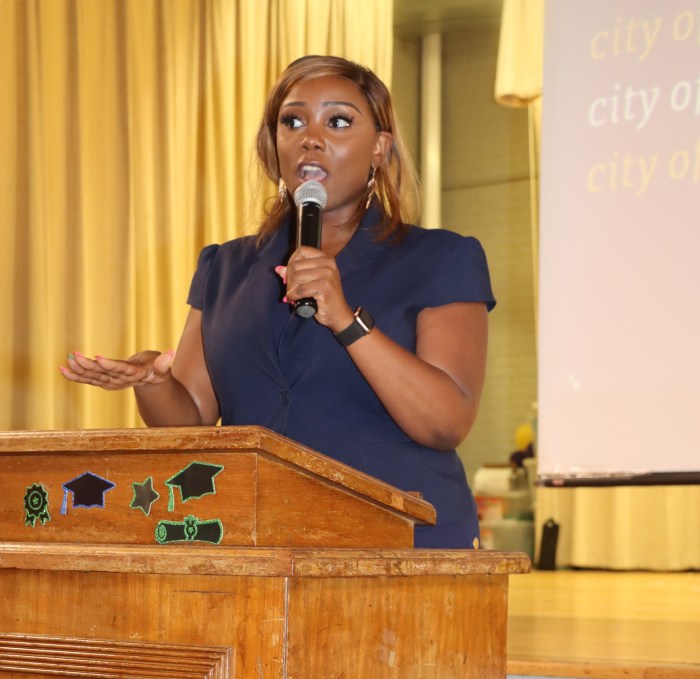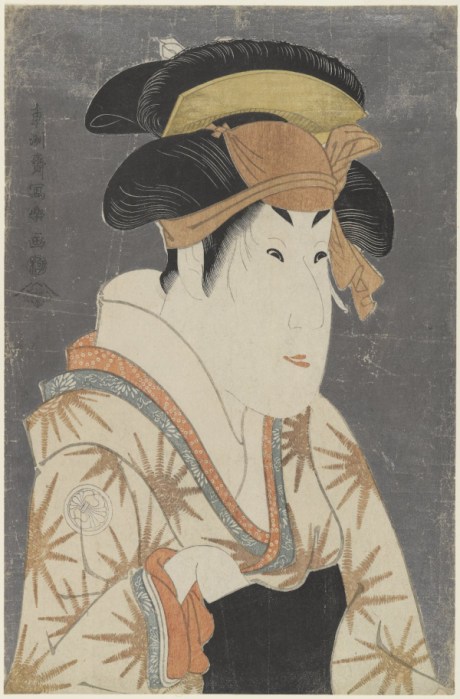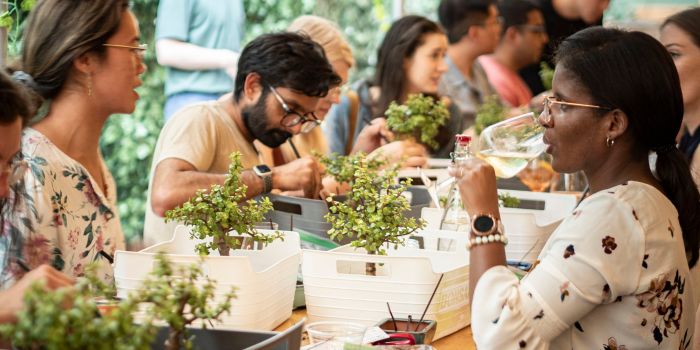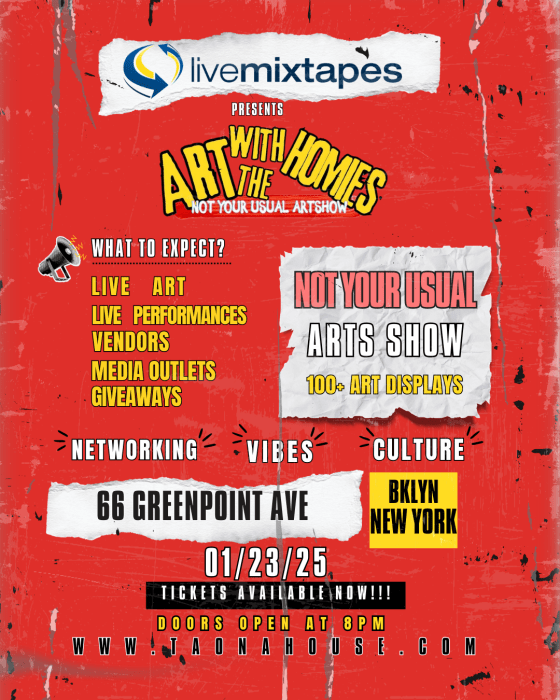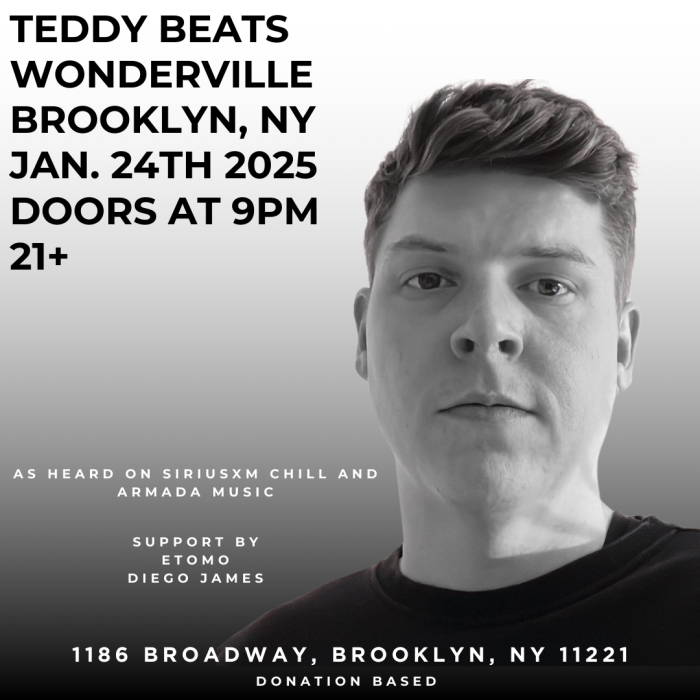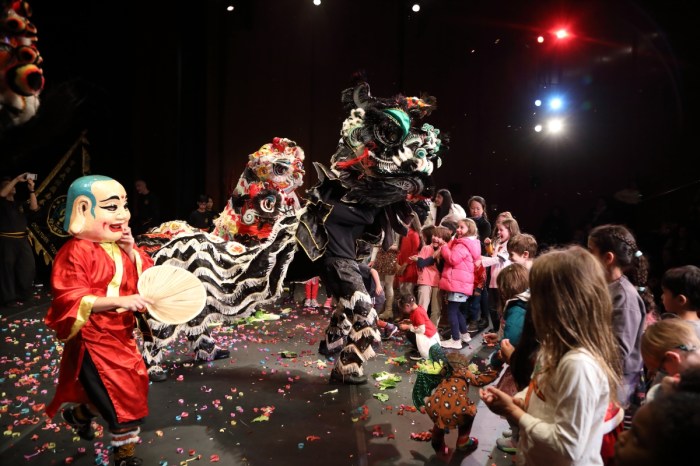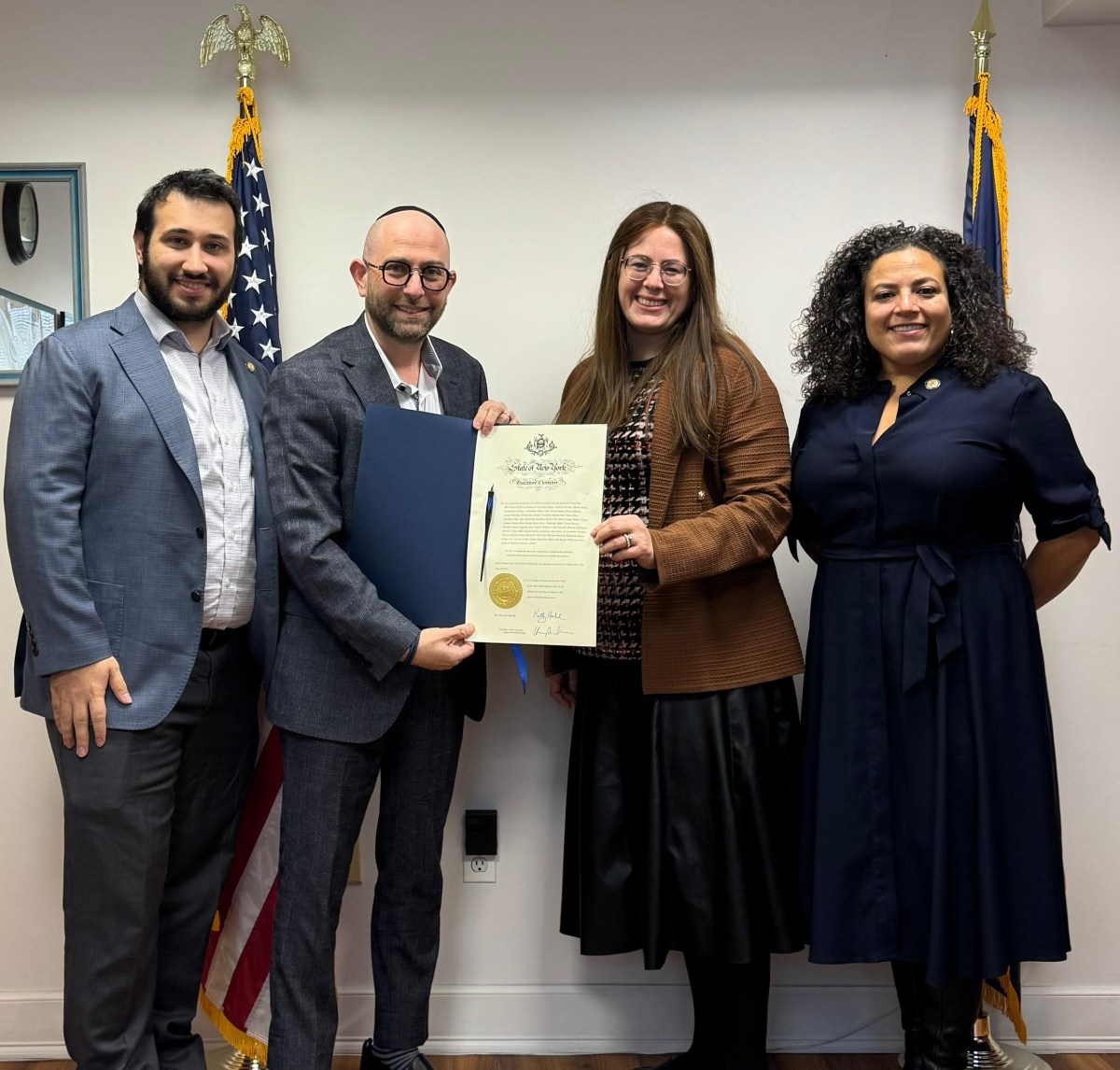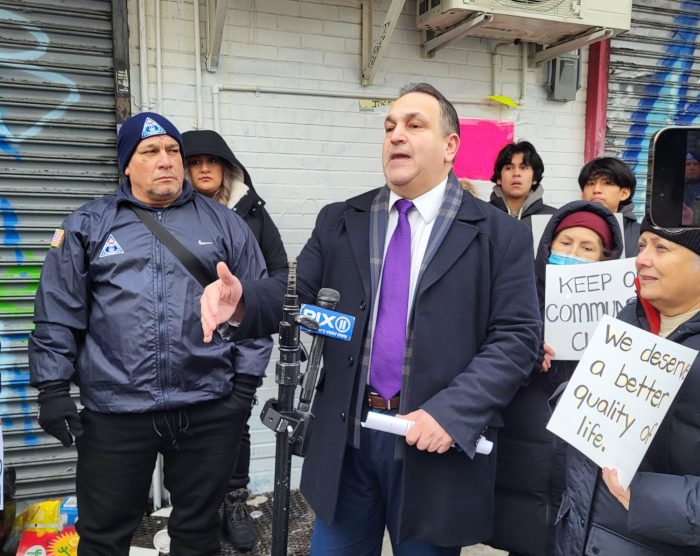Hundreds of Caribbean and other nationals on Thursday converged on Milk River Restaurant on Atlantic Avenue in Brooklyn as the West Indian Day Carnival Association (WIADCA) launched “Eat Caribbean 2017.”
The event was part of the Fourth Annual Caribbean Restaurant Week New York, during which patrons are expected to “enjoy delicious prix-fixe Caribbean menus or specials at participating restaurants in New York,” WIADCA said.
It said Caribbean Week New York is also part of Caribbean American Heritage Month.
“The purpose is to continue to find support,” said WIADCA president Bill Howard, in a Caribbean Life interview, amid the celebration at the popular Milk River Restaurant, between Washington and Grant avenues. “This is part of the culture of the West Indies.”
Howard said 100 restaurants in New York will be recognized during the Week for “having Caribbean food.
“Through this, we’ll support Caribbean restaurants directly,” he said. “And, in doing so, we support Caribbean culture.”
Besides delicious cuisine, patrons were treated to pulsating West Indian music — soca, calypso and reggae, among others — while a parade of costume-adorned beauties displayed breathtaking colors.
“Amazing! I love it!” exclaimed Panamanian Renee Ellis after masquerading on stage. “I’ve been doing this for years. I’ll never stop.”
Ellis said she represented the band, Stronjeh International, which will be participating, for the very first time, in the massive West Indian American Carnival Parade on Eastern Parkway, on Labor Day, the first Monday in September.
Two of the contestants in the forthcoming, first ever WIADCA Pageant also strutted their stuff on stage during the launch: Colette Ambo, representing Dominica, and Javia Richardson, representing St. Vincent and the Grenadines.
WIADCA executive Trinidadian Angela Sealey, the long-standing former treasurer, who chair the launching ceremony, expressed gratitude to the community and businesses for supporting the event and WIADCA’s 50th anniversary celebrations.
“We really appreciate everybody who has supported us,” she told the reception, adding that, “if it wasn’t for the sponsors,” the carnival would not be successful.
“So, let’s keep this going,” she said. “I hope I’ll be around for the next 50 years. Please support us, because (otherwise) the culture will die.”
In January, WIADCA unveiled a number of activities to mark its 50th anniversary.
According to WIADCA’s marketing director, Trinidadian Jean Alexander, the milestone initiative is being held under the theme, “Celebrating 50 years of Caribbean Carnival & Culture – From A Dream to A Legacy”.
Alexander said that over two dozen events are being planned to commemorate the historic achievement.
The celebrations begia with a church service at St. Matthews Roman Catholic Church, on Utica Avenue and Eastern Parkway in Brooklyn, on Jan. 15.
In April, a “well-attended” Black-Tie Gala was held at El Caribe Country Club, 5945 Strickland Ave., Mill Basin, in Brooklyn.
Other events planned include: Make Music New York — June 21, at Ronald Mc Nair Park, Washington Avenue and Eastern Parkway, Brooklyn; Memorial Luncheon for late WIADCA President Carlos Lezama — venue, date and time to be announced; Family Day, Jul. 22, at Ronald Mc Nair Park, Washington Avenue and Eastern Parkway, Brooklyn; Arts in Education — Visits to Schools — Costume-Making Workshops, WIADCA Office Rogers Avenue, Brooklyn, May-June; and Costume-Making Workshops — Queens Borough Hall — May-June.

Alexander said West Indian carnival in New York was born in Harlem in the early1930’s in the Grand Ballrooms of the Renaissance, Audubon, Savoy and other venues in the form of indoor “costume parties.”
“They were hosted by West Indian immigrants, who were homesick at carnival time and tried to recreate their carnival traditions here in the US, as they remembered in their home countries of Trinidad and Tobago, Grenada and St. Vincent, etc., as the very cold Lenten Season approached,” Alexander said.
In the mid-1940’s, led by Trinidadian Jessie Wardell, the West Indian Carnival was brought onto the streets in Harlem, Alexander said.
After a number of years, she said the rapidly-growing spectacle attracted opposing groups, and was finally stopped by the City.
Rufus Goring, a Trinidadian, who produced costumes for Harlem Carnival, staged a small carnival in Brooklyn in 1965, Alexander said.
However, she said he did not have a “permit, and the authorities stopped the celebration.”
Alexander said Goring then enlisted the help of his friend, Trinidadian Carlos Lezama, “a very strong-willed steel pan player who was also determined, ambitious and charismatic, and who always found a way to get things done.”
WIADCA was established in Brooklyn in 1967 under Lezama and “a handful of dedicated members,” Alexander said.
She said Lezama was re-elected many times during his 34-year presidency.
When he retired in 2001, his daughter Yolanda Lezama-Clark, a registered nurse, was elected president, serving for 10 years.
In 2012, Trinidadian Thomas Bailey was elected WIADCA president, serving a three-year term. Howard was elected president in December 2015, heading a 13-member board of directors.
Alexander said WIADCA’s volunteer membership roster have expanded to over 50 persons.
She said an additional part-time group of more than 100 “seasonal volunteers complement the membership with tasks required.”
Alexander said WIADCA recently agreed to partner with numerous established groups and agencies, including the United States Department of Commerce; the Barbados-based Caribbean Tourism Organization; and the Caribbean Community (CARICOM), with its Secretariat in Georgetown, Guyana.
“WIADCA’s purpose is to promote various Caribbean cultural art forms, to develop and encourage talented Caribbean nationals and to provide an enhanced life experience for the wider non-Caribbean community,” Alexander said.
“We showcase music, design and performing arts through staged events throughout the year, ending the season with a tribute to our “Caribbean Carnival,” while promoting the support of those businesses that make it possible,” she added.
Alexander said the five-day festival culminates in a “spectacular New York Carnival Parade” — considered the largest in North America – on Labor Day.
WIADCA also hosts educational forums, presents college scholarships, cultural workshops, networking, among other special events during the year “to broaden its community and educational goals,” Alexander said.



